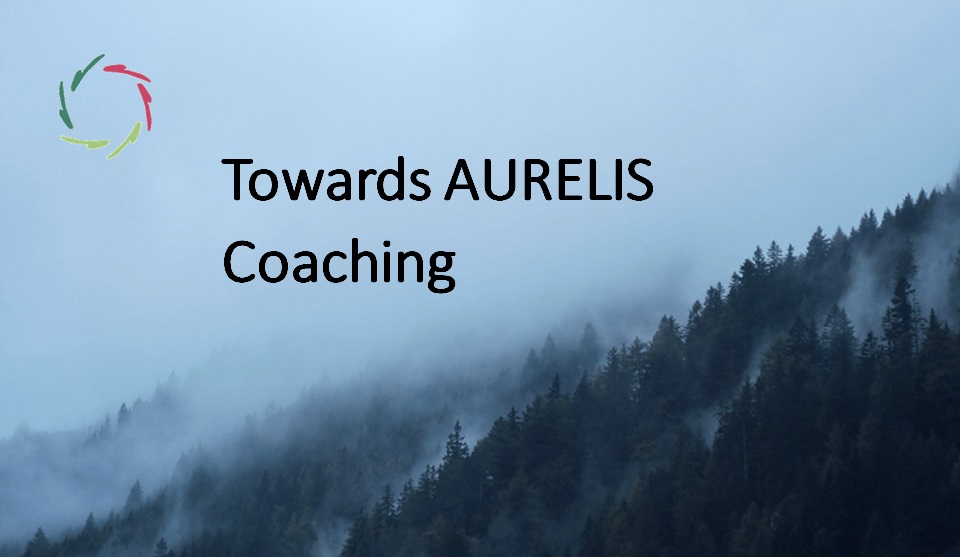Watzlawick’s Axioms of Communication

… in relation to AURELIS.
Paul Watzlawick (1921 – 2007) has been one of the best-known thinkers about communication. His central tenet was that a lot of communication is carried on below the level of consciousness. It happens automatically.
I put his five ‘axioms of communication’ in a table and comment on them from an AURELIS standpoint, not in the sense of a ‘discussion’ but as what they spontaneously make me think of when musing about them. Would Watzlawick have agreed?
| WATZLAWICK | AURELIS |
| Axiom 1: “One cannot not communicate.” | The deeper self is always present and active, in many ways at once: in ‘parallel processing’. |
| Axiom 2: “Every communication has a content and relationship aspect such that the latter classifies the former and is, therefore, a meta-communication.” | Apart from the ‘relationship,’ many other elements play significant roles in a multidimensional happening. One can never consciously grasp this complexity. |
| Axiom 3: “The nature of a relationship is dependent on the punctuation of the partners’ communication procedures.” | The punctuation can be distinct as well as very subtle, even so very important. In a kind of meditative communication, one can be attentive to this, attaining ‘deep-to-deep communication,’ which may be very motivating and pleasurable. |
| Axiom 4: “Human communication involves both digital and analogic modalities.” | Here also: multidimensionally analog. The difference between ‘digital’ and this is also the difference between ‘meaning’ and ‘deep meaning’, very much related to the difference between ego and deeper self. |
| Axiom 5: “Inter-human communication procedures are either symmetric or complementary, depending on whether the relationship of the partners is based on differences or parity.” | Here we disagree slightly: I don’t think that the power game should be central. There are many ways in which relationships may or may not be symmetrical. A more important one to me would be pure longing (versus frustration). |
A frequent criticism of Watzlawick has been that his theories would be tough to put into practice. I think this criticism only makes sense when one starts with “I want to do this.” The point is: ‘you’ should not do this from a purely conscious standpoint. Watzlawick transcended the borders of the ‘I.’ To me, it’s an invitation to act from the total self. This is a meditative way and thus very related to an ‘Aurelian’ communication. To grasp this is important to understand the aims of both worlds (Watzlawick and AURELIS).


